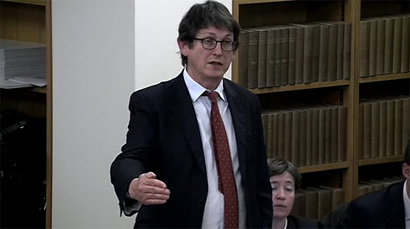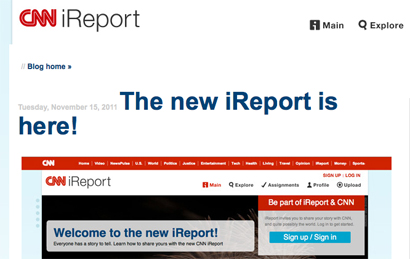Of the 105 countries which have laws governing the freedom of information, more than 50 per cent “do not follow them”, according to a test carried out by the Associated Press.
In a report on the findings of its test AP reveals that it sent out requests for information on “terrorism arrests and convictions … to the European Union and the 105 countries with right-to-know laws or constitutional provisions”, to find out how well they follow the rules.
According to its findings a total of just 14 gave complete responses and abided by the set time limit to do so in, while 38 “eventually answered most questions”.
The figures show 51 per cent of countries (a total of 54) approached for information by AP had not given it at the time of writing while 6 per cent “refused to disclose information, citing national security”.
Right-to-know laws seem to work better in some new democracies than older ones, the AP test showed, because their governments can adopt what has worked elsewhere.
AP is also asking its audience to send in ideas for more FOI requests they could make elsewhere.



